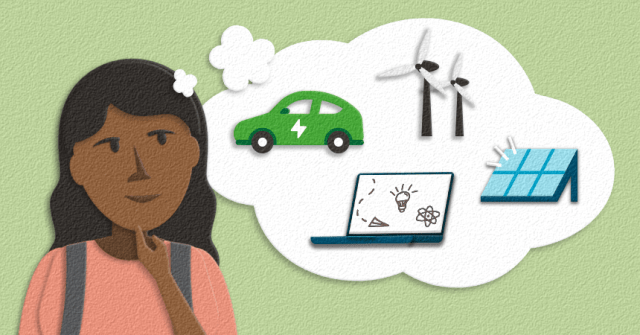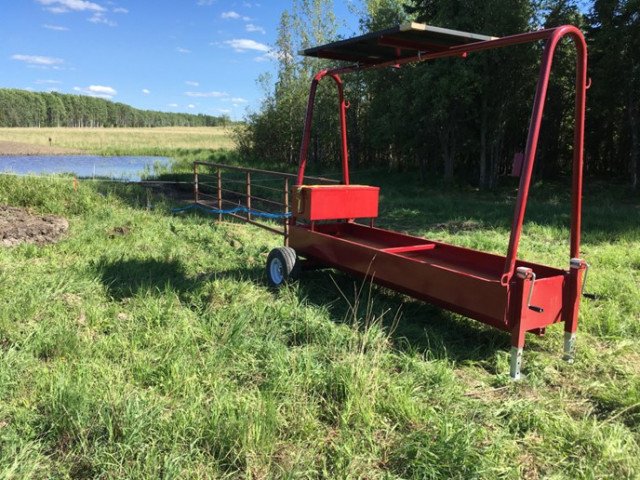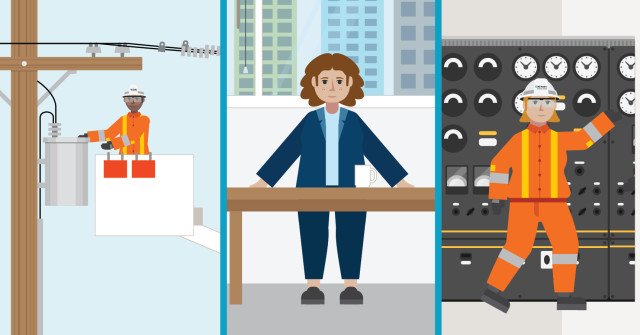In small ways, and in big ideas, we can fight climate change
“We are ploughing through this planet’s finite resources as if there is no tomorrow, causing climate change and biodiversity loss along the way. Frankly, there will be no tomorrow for many people unless we stop.”
- Joyce Msuya, acting executive director of UN Environment
As if we needed more evidence that our impact on the world isn’t sustainable, along comes another major report from the United Nations – this one 750 pages long - with the sober warning that we need to act now. Released on March 13, 2019, the report details climate change impacts on human health, air, water, land, and biodiversity. But while it’s riddled with bad news, it states that it’s not too late.
“There is every reason to be hopeful,” report co-editors Joyeeta Gupta and Paul Ekins told The Associated Press in an e-mail. “There is still time but the window is closing fast.”
Two days after the report was released, school-age kids across the world walked out of classes and on to the street to protest inaction on climate change. But what can we do, as students, teachers, and parents?
Start by celebrating the amazing things we can accomplish when we work together
Celebrate Earth Day with activities that encourage students to think about ways to care for the environment and how our actions can make a difference. This year, we have crafts, games and trivia to explore how we can protect the habitats of whales and bees here in B.C.
For all ages, our list of 10 more things we can all do
Kickstart classroom discussions and, hopefully, talk at the family dinner table as well. Our list of 10 things we can do to help reduce our impact on the planet:
- Avoid using the car. The automobile is a tool of convenience, but the carbon emissions related to cars are having a dramatic toll on the planet. Walk. Bike. Take the train or bus. Or at least carpool.
- Avoid buying plastic items. Even when they’re recyclable, there are carbon emissions associated with their production and transport. And too much plastic winds up in the landfill or in the ocean. Start by taking reusable bags when grocery shopping, then avoid plastic – from toys to bottled water and everything in between. If you have to buy something plastic (or plastic wrapped), make sure it’s recyclable.
- Eat less meat. The costs of meat production on earth are staggering, with beef and lamb at the top of the list of the most destructive for the environment. Start by trying to adhere to the new Canada Food Guide and its emphasis on loading up on vegetables and fruit.
- Don’t waste food. Buying in bulk can save money, but it helps contribute to the estimated 40% of food that spoils or is thrown out before we eat it.
- Take fewer flights. Even if you’re an avid traveller, consider taking fewer, longer trips rather than multiple vacations each year. And if you know someone who travels for business, get them to consider whether a virtual meeting – by phone or video conference – isn’t a better alternative to the next trip they plan.
- Use less water. The world is facing massive water shortages, and drought is becoming a more common occurrence even here in B.C. Take shorter showers. Turn the tap off while brushing teeth or shaving. Plant drought-resistant trees, grasses, and plants.
- Recycle all you can, and keep it clean. Recycling only works when people use it well. That peanut butter jar that’s not washed out can contaminate other recyclables. Sort properly. Clean properly. Help make it work.
- Run an energy-efficient home. A leaky home literally wastes energy as warm air sneaks outside. Draftproof and insulate your home. Use electronics wisely and buy ENERGY STAR appliances and other devices. Turn that game console off after you’re finished using it. Track your electricity use on bchydro.com, and learn how to save.
- Don’t waste paper. Use that full sheet of paper you’re writing on. Try paper towels that tear off in half sheets. Switch all your bills over to digital. Find toilet paper that’s made from recycled material.
- Spread the word. There’s power in conversation. It helps change habits, can make us think twice about what we buy and how we get around. And for parents and other adults of voting age, it can change the way we vote.






